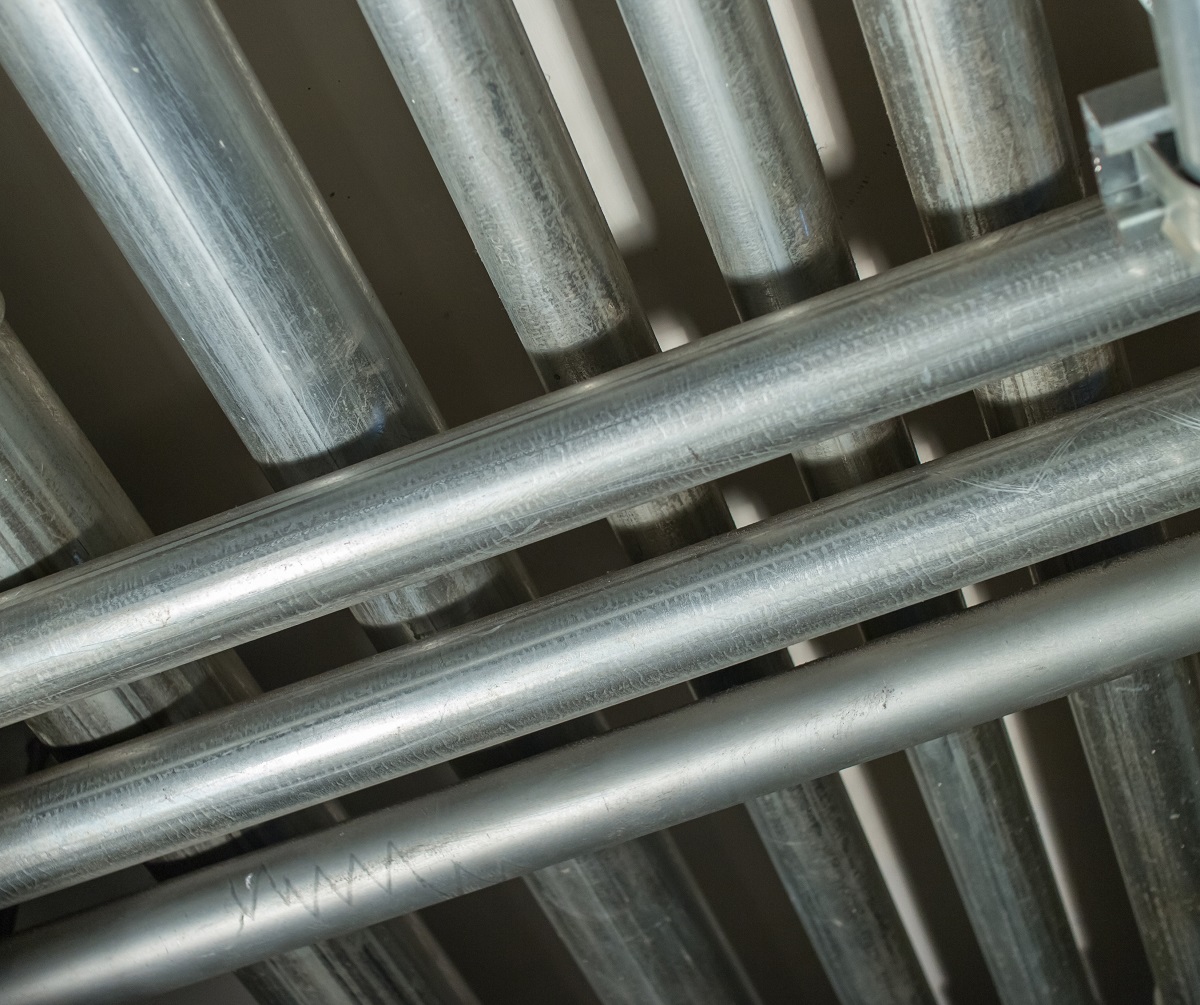
4 Signs of A Gas Leak in Your Home
What are the signs of a gas leak in your home?
- A whistling sound
- Physical damages to gas pipelines
- Foul smell of rotten eggs or Sulphur
- Physical discomforts
Natural gas has a number of uses in the everyday household. It provides the fire to cook meals, the energy to heat water, or even cool our homes with a gas-powered air conditioning unit. However, due to a number of reasons — natural wear and tear, as well as improper installation gas leak signs may eventually manifest and lead to safety hazards for a building’s inhabitants.
Although natural gas is considered to be one of the world’s cleanest fossil fuels and sources of energy (it emits only water vapor, carbon dioxide, and trace nitrogen oxide when burned), it can get dangerous when there are issues with pipeline systems.
Some symptoms of a gas leak include a whistling sound, visible damage to pipe materials, rotten egg-like smell, or even body pains. If you have suspicions that your house is experiencing this issue, it’s crucial that you know what signs to look out for and what to do in the event it happens. Read on to learn more.
A Whistling Sound
One of the tell-tale signs of a natural gas leak in your home is a whistling or hissing sound that might be easy to miss. This is often a faint sound, but an effective way of identifying if you do have a gas leak is by inspecting all the appliances in your house. Some examples would be gas-powered stoves, water heaters, outdoor grills, fire pits, refrigerators, or any appliance that makes use of heat to power it up.
Like many of the gas leak signs that you’ll encounter on this list, a whistling sound is dangerous because it means that not only is there damage to the pipes or components, but it also means that gas is escaping in large quantities.
In this case, you’ll want to contact your local fire department immediately. When you can, try to turn off the main gas valve or regulator in order to prevent further flow. Increase ventilation in your home by opening all the windows — when indoors — evacuating everyone in the property, and following the instructions of the emergency services personnel that you’ve contacted. Under any circumstances, don’t turn off/on electrical switches because this may produce sparks that may lead to combustion.
Physical Damage to Gas Pipelines

Like with many of the systems that are running in your home, it’s always a good habit to inspect them, from your plumbing, heating, cooling, and gas-powered equipment. As mentioned before, gas leaks or potential leaks are difficult to spot because natural gas is both odorless and powerless. A preventative technique is to conduct visual inspections that will help you determine if there is visible physical damage to your home’s gas pipelines.
Your home’s gas pipeline network may be complex. Different pipe components are in places such as the connectors, gas meter, dirt pocket, sediment trap, main valve, shutoff valve inlet, and the like. Many homes nowadays make use of high-grade piping materials such as steel, black steel, or galvanized pipes. Damages will oftentimes appear as cracks in the pipe’s body, loose fittings, or corrosion. While these may not immediately be a cause for concern, they should be fixed immediately to avoid any gas leaks in the future.
To ensure that your gas pipes are long-lasting, use only durable materials. At Supreme Pipe, you can find a range of heavy and light gauge pipes that are suitable for natural gas transmission. Check them out here.
Foul Smell of Rotten Eggs or Sulphur
You’ve already learned that natural gas does not produce any orders, which might make it difficult for you to inspect for leaks. However, in most households today, gas suppliers mix your natural gas supply with a harmless chemical additive known as Mercaptan.
Mercaptan produces a smell that resembles rotten eggs or Sulphur, which is easily detected once it diffuses to the different parts of the house. Once again, it’s advised that you immediately call the fire department or other related emergency services in your area. When indoors, ensure that the space is properly ventilated by opening doors and windows. As instructed or when safe to do so, close off the main shutoff valve and prevent anyone from getting anywhere near the site of the leak.
Physical Discomforts

Other signs of a gas leak also manifest in the form of physical discomforts on the human body. This is due to the chemical changes that occur in the surrounding area. Gas leaks typically cause alterations to the oxygen content in the environment, which leads to symptoms like nausea, headaches, dizziness, irritation of the eyes and throat, exhaustion, breathing difficulties, or even pale skin (upon contact with the leak). When left unaddressed, these conditions may worsen and even become fatal in extreme situations.
As soon as you or anyone in the home starts exhibiting these symptoms, make it a point to call both an ambulance and fire emergency services in your vicinity. Likewise, get everyone out of the house. If you can, you can also call your local authorities so that surrounding buildings can be evacuated as well.
Key Takeaway
Gas leak signs can be difficult to identify, which is why you need to understand the most common signs. As discussed in this guide, gas leaks can cause the production of a Sulphuric odor, whistling sound due to excessive escape of fluids, and physical pains on the body.
When you’re in these situations, your best bet is to contact a professional that can walk you through the process of keeping yourself safe. Remember not to make any changes in the house — such as turning on/off of electrical equipment, getting in contact with leaks, and the like.
The key to preventing any gas leaks from happening in the future is by making sure that your home is only using high-grade piping materials. Contact Supreme Pipe now to find out your options. Click here!


